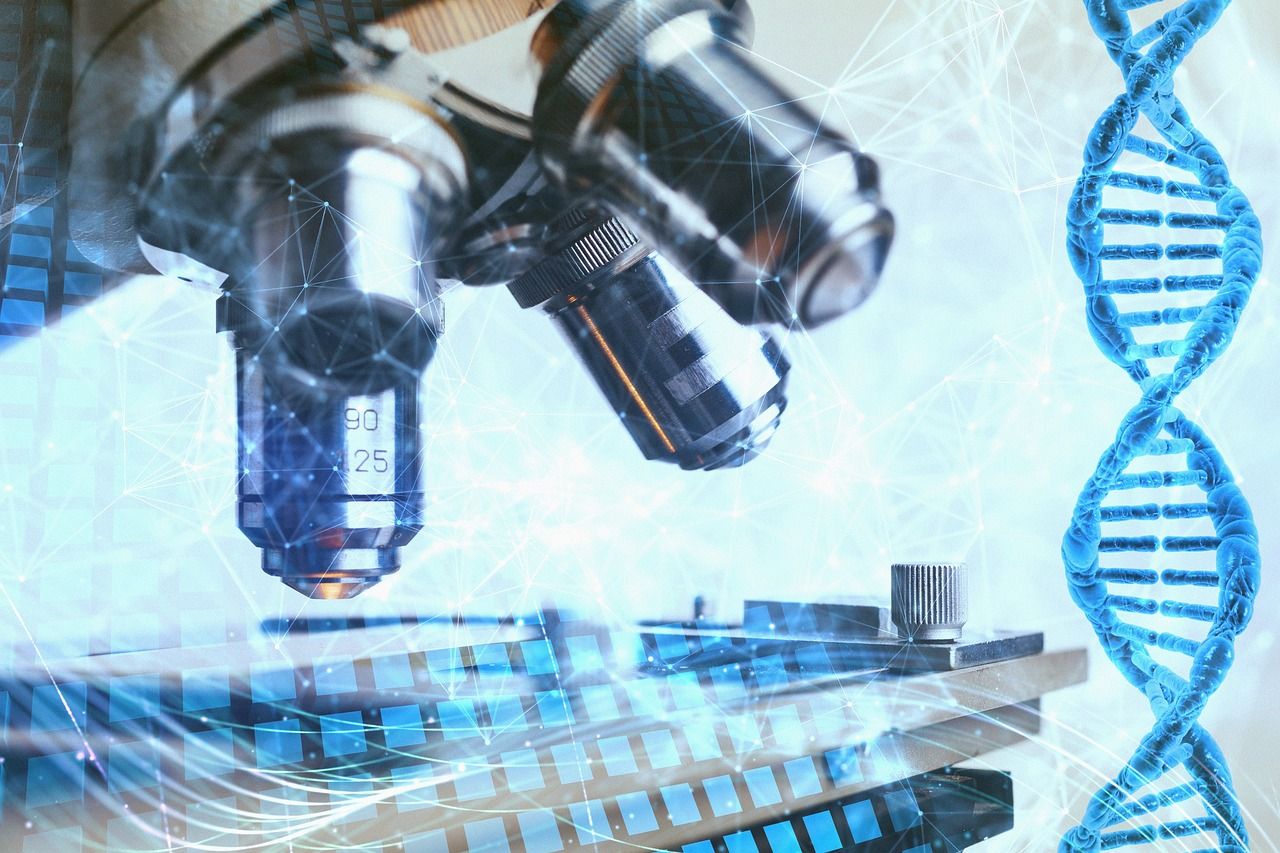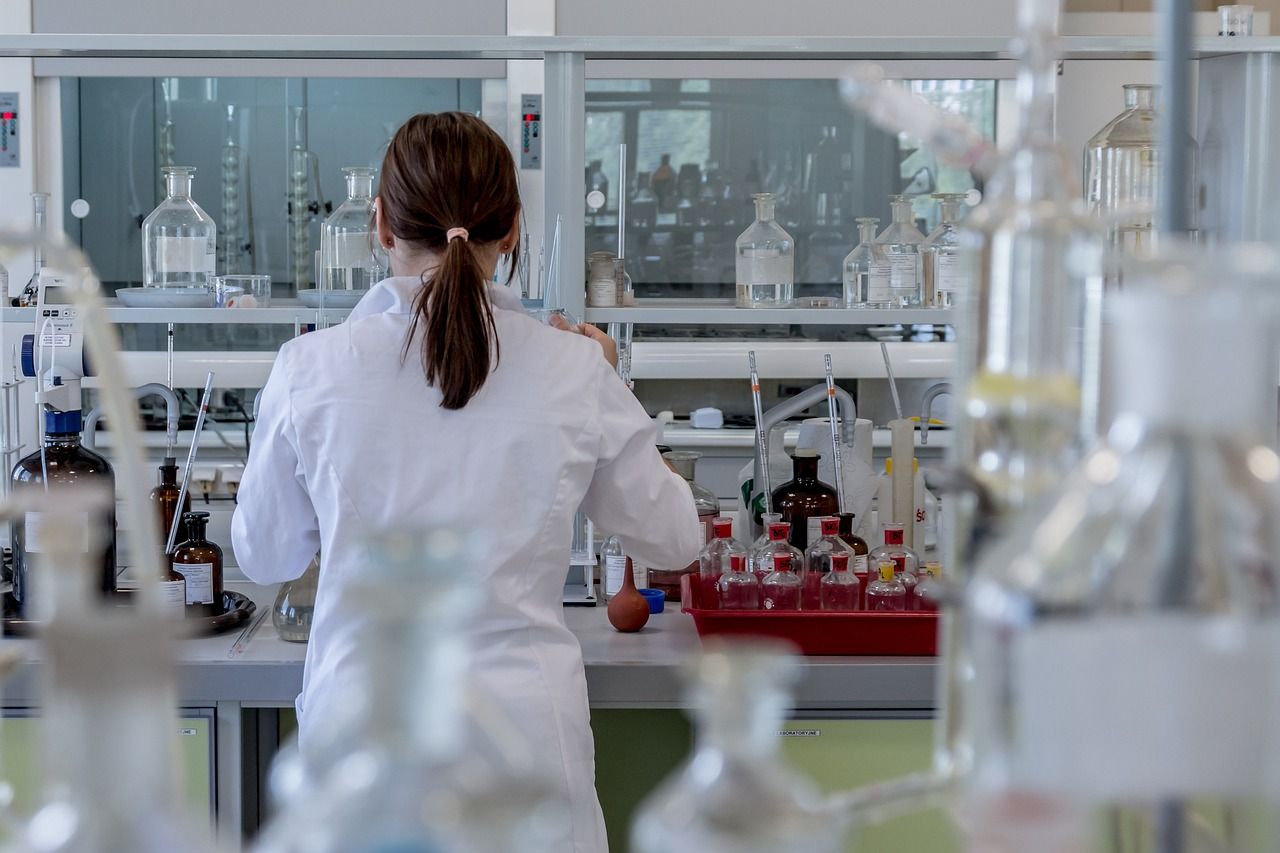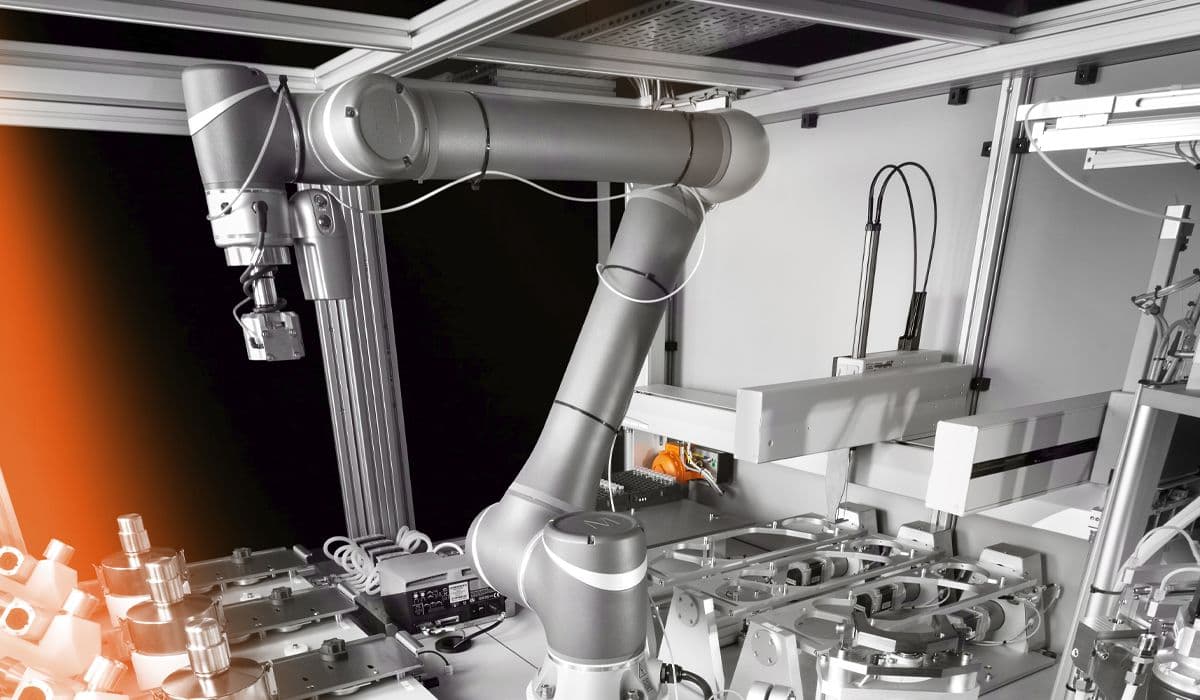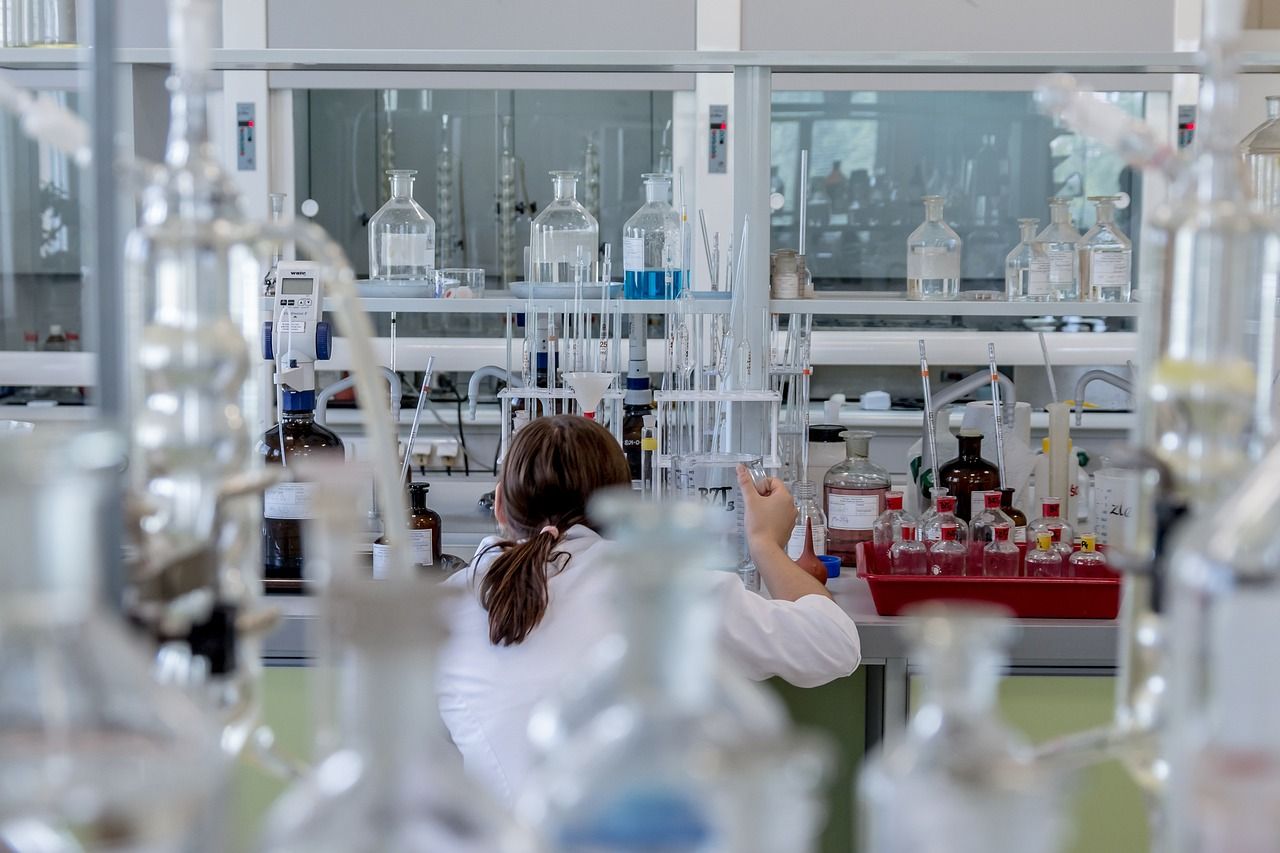Automation in Clinical Biochemistry

Share this article
Automation in clinical biochemistry refers to the use of technology and automated systems to perform laboratory tasks with minimal human intervention. Sounds simple enough but what are the advantages of automation in a clinical biochemistry laboratory? The performance of repetitive and time-consuming processes such as sample preparation, analysis, and data entry are the key benefits, and ultimately, the goal of laboratory automation is to increase efficiency, accuracy, and consistency while reducing the potential for human error.
Some significant benefits to the inclusion of automation are:
Improved Data Management and Reporting
Automation provides efficient and accurate data management, enables proper and easy storage, accessibility, and retrieval of patient test results, key documents, and other information.
Standardised Processes
Eliminating the hassle of performing and checking every process manually. Instead, lab automation standardises laboratory processes to reduce errors due to manual interventions in testing procedures. This maintains consistency in the quality of service and accuracy in delivering results.
Better Care & Services
Faster turnaround times for your stakeholders and reduced waiting time for patients. Doctors can make timely informed decisions due to faster data accessibility and test results. Automation also allows system integrations of different departments promoting effortless collaboration and coordination.
Improved Staff Performance
Helping staff manage their daily tasks proactively, simplifying complex functions for teams. Laboratory automation ensures high performance and productivity and minimises human errors, generating high-quality and accurate output.
Better Throughput
With high-speed operations, turn-around-time results, and efficient staff performance, the importance of automation in clinical laboratories guarantees better throughput in any clinical setting. Automated workflows can scale large testing volumes with minimal manual intervention, increasing capacity and efficiency.
Easy Analysis & Troubleshooting
Makes analysing and troubleshooting extensively easy for large database sets in a clinical setting, making the identification of patterns effortless for clinical staff during research, studies, or any other decision-making process.
Automation in a clinical biochemistry means:
- Increased efficiency
- Error reduction
- Enhanced accuracy and reliability
- Improved turnaround time
- Cost-effective utilisation of resources
- Seamless collaboration and communication
Where do we come in?
At Astech, our focus is on providing automation solutions that are tailored to our clients’ specific requirements, and which deliver the highest quality and reliability for each unique application.
The Astech suite of products has been carefully considered and developed by our experienced team. Each product is customisable and scalable to meet your lab or facilities specifications, with the goal of creating a more accurate, streamlined workflow across the board.
Create smoother workflows, increase productivity by integrating robotics into your workforce, and control your lab with simple interfaces.
Robotic Lab Assistant – accessible, easy-to-use software that can take up repetitive but vital tasks within your laboratory, freeing up lab workers for jobs that require human insight.
RAMP (Cobots) - robots with a smaller footprint, easily adaptable and geared up to work collaboratively with your lab staff.
LabExpert® - a highly adaptable, scalable software that will transform the day-to-day running of any lab. It allows you to take complete control of your lab and execute experiments from one simple workflow scheduling tool.


